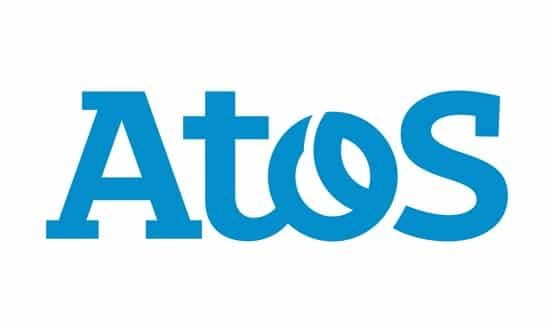Accenture’s NHS losses grow as NPfIT delays mount
- 29 March 2006
Accenture, the leading management and technology consulting firm, announced a provision for a further $450 million of losses against its contract to deploy IT systems on behalf of the English NHS. The provision led to a sharp drop in quarterly profits.
The additional $450m loss provision was linked to “significant delays by one of Accenture’s major subcontractors in delivering software”, “higher development costs and increased integration costs” together with “revised programme release schedules”.
The Bermuda-based company holds two prime contractor, or local service provider, deals under the £6.2 billion NHS National Programme for IT, to implement new IT systems in the North East and Eastern regions of the English NHS. Accenture’s main clinical software subcontractor is iSoft.
Accenture also said in a statement that it believed there would now be now be “slower and lower future demand for the new systems from local healthcare providers”, it said the principal reasons for this reduced demand were “software delays” and the government’s decision to “allow local healthcare providers to choose alternate systems”.
William D. Green, Accenture’s CEO, said, “We are very disappointed that recent developments prevented us from meeting expectations this quarter. During the quarter, several issues increased the risks and uncertainties associated with the NHS contracts and affected our estimates of the expected contract revenues and costs.”
Green said that Accenture remained committed to delivering the NHS vision of integrated patient records, but added the company was taking remedial action to resolve problems with the NHS contracts. “We have established guiding principles for success for our ongoing work with the NHS and have devoted additional management resources at the highest level to resolve the NHS matter as quickly as possible.”
In a statement Accenture said the major new developments in the second quarter that impacted its two NHS contracts were:
- Accenture’s assessment that there would be significant delays by one of Accenture’s major subcontractors in delivering software that is critical to the systems’ deployment, creating additional cost implications, including more interim solutions;
- Accenture’s assessment that it would incur somewhat higher development costs and increased integration costs, due to the company’s recent experiences and to revised program release schedules; and
- Accenture’s assessment that there would now be slower and lower future demand for the new systems from local healthcare providers primarily due to software delays and the announced government initiative to allow local healthcare providers to choose alternate systems.
Last April Accenture said its contract with the NHS to deliver integrated electronic patient record system had been experiencing delays and would result in losses into 2007.
At the time the company indicated that it was drawing a line under losses from the NHS contract, but according to the Washington Post on Tuesday Accenture “indicated that costs from the contract would outpace revenue over the life of the contract”.
Link
Accenture feels the squeeze on NHS contracts




